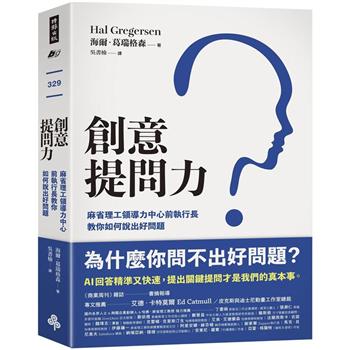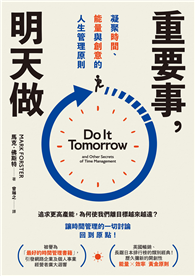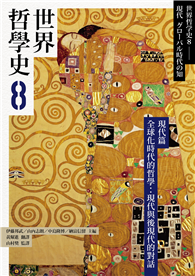"You are not like those who live in the places from which you have fled," he said, addressing the vast throng that crowded around him. "You do not long to see the inside of palaces, nor covet slaves to do your bidding. You do not wag your tail for the master's bone, trading him vows of servitude that you might fill your belly." "Fleeing from all the lands around," the speaker continued, "you have sought refuge in free places, where each has equal say and no man lords it over another. In that free spirit, held in common among brethren, you have your home." In this pivotal moment, Moses was calling upon the habiru - "stateless citizens" who had defected from every kingdom in the surrounding lands, to transform their code of behavior into a body of law that would impact on the entire future of Western consciousness, and indeed upon world history. At its core was empathy. Rachmones traces the passion of hebraic empathy, its expression and defense, from its roots in universal human awareness on into contemporary culture. Utilizing a detailed examination of ancient documents and biblical sources, with references to experiences of the author in his own family, Rachmones introduces a perspective on human history long obscured behind the operative mindset of corporate society. Brigands, drop-outs, defectors, sheep herders, poor dirt farmers all played their role in defending the freedom of thought within which that precious emotion of human engagement might be preserved. With empathy poised now to invigorate a new era in human survival, this is their story.
| FindBook |
有 1 項符合
Rachmones: The Passion of Hebraic Empathy a History的圖書 |
 |
Rachmones: The Passion of Hebraic Empathy a History 作者:Alpert 出版社:Authorhouse 出版日期:2010-05-07 語言:英文 規格:平裝 / 148頁 / 27.9 x 21.1 x 0.8 cm / 普通級 |
| 圖書館借閱 |
| 國家圖書館 | 全國圖書書目資訊網 | 國立公共資訊圖書館 | 電子書服務平台 | MetaCat 跨館整合查詢 |
| 臺北市立圖書館 | 新北市立圖書館 | 基隆市公共圖書館 | 桃園市立圖書館 | 新竹縣公共圖書館 |
| 苗栗縣立圖書館 | 臺中市立圖書館 | 彰化縣公共圖書館 | 南投縣文化局 | 雲林縣公共圖書館 |
| 嘉義縣圖書館 | 臺南市立圖書館 | 高雄市立圖書館 | 屏東縣公共圖書館 | 宜蘭縣公共圖書館 |
| 花蓮縣文化局 | 臺東縣文化處 |
|
|
圖書介紹 - 資料來源:博客來 評分:
圖書名稱:Rachmones: The Passion of Hebraic Empathy a History
|











